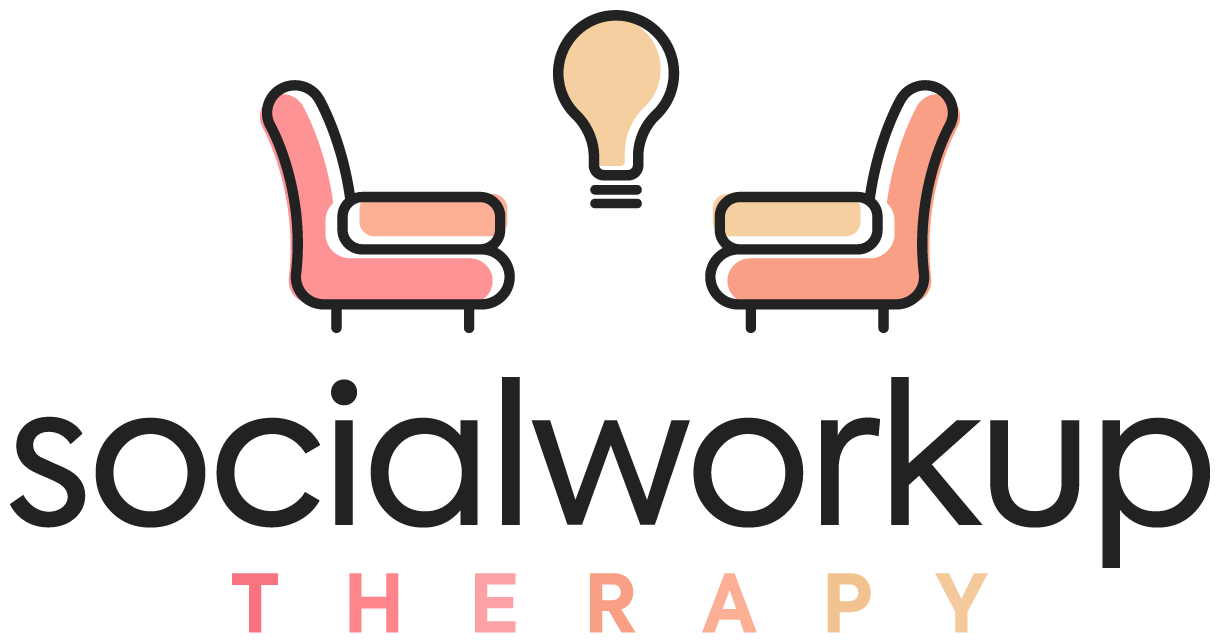How Does Therapy Help Anxiety?
How Does Therapy Help Anxiety?
Anxiety is an experience we all have - it helps us to quickly react in moments of potential risk. If you’re going for a walk and notice the sound of a speeding car near you, your heart rate may rise and you’ll feel a sense of panic. You will quickly jump out of the way. This is your brain’s way of helping to keep you safe and it works in moments like this when you need to react quickly.
Anxiety disorder, however, is not the same as anxiety. Anxiety disorder is a feeling of worry and fear that occurs often and interferes with your day. That feeling of an increased heart rate and sense of panic, among other symptoms, start to arise around everyday experiences. Our mind is projecting a fear about the future onto the present, causing our bodies to respond to the fear rather than the present moment.
While everyone experiences anxiety, many individuals experience anxiety disorder. In the US, 19.1% of adults and 31.9% of adolescents experience anxiety disorder (NIMH, 2024).
So, what helps? What do we do about it? Here are 4 ways therapy helps with anxiety:
Psychoeducation: Therapy provides education around how our minds work and also takes this knowledge and overlaps it with your life experiences. In therapy, you’ll learn about types of anxiety and the interplay with different experiences, dynamics, and stages in development
Understanding the Roots of the Anxious Thoughts: Gaining insights around when the anxious feelings started, where they’re coming from, what makes it worse, etc. can help embolden you the next time you notice yourself feeling anxious.
Explore New Skills: Exploring new skills that confront anxiety in the moment can help to minimize the impact of anxiety on your life. Many clients find new strategies within a matter of weeks that drastically improve their quality of life.
Apply the Education, Insights, and Skills for Sustainable Change: Practicing these layers of education, insights, and skills with a mental health professional can serve as a built in accountability partner and support as you slowly lessen the impact of anxiety on your life.
As a therapist, it’s heartwarming to see the change that is possible when someone decides to take the leap and start therapy. Some come to their first session excited and some come nervous - but they each make amazing improvements.
If you’re not ready for therapy or if therapy is not for you, that’s okay, too! Be sure to make the most of the education available to you (from licensed mental health professionals) and to connect with your support systems. The more open you are, the more feelings of connection can come your way.
Did you know socialworkup therapy specializes in anxiety disorders? If you’re interested in scheduling a free consultation call with socialworkup Therapy, click here.
Are you a teen wondering how to talk to your parents about getting help? Check out this recent blog post here.

